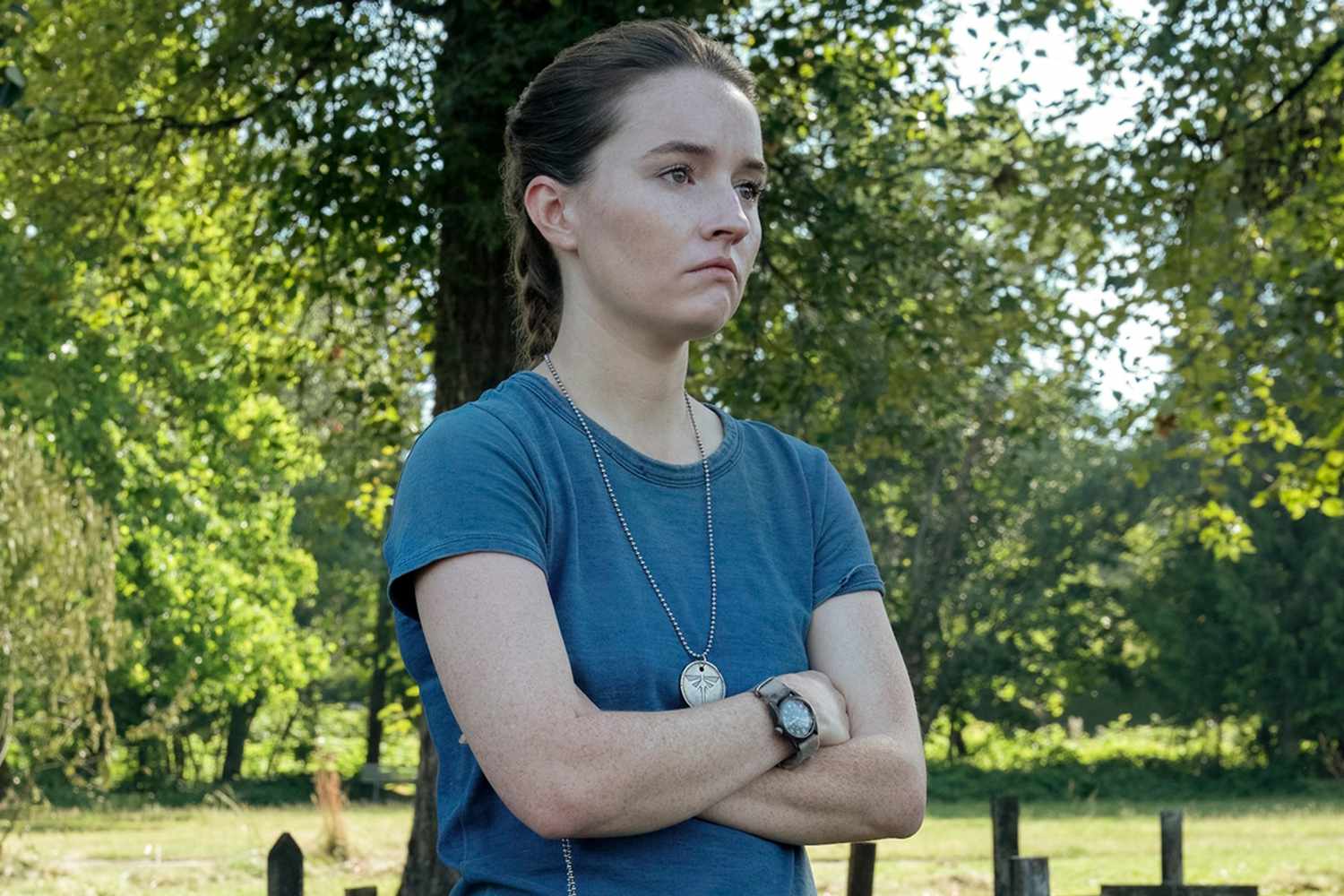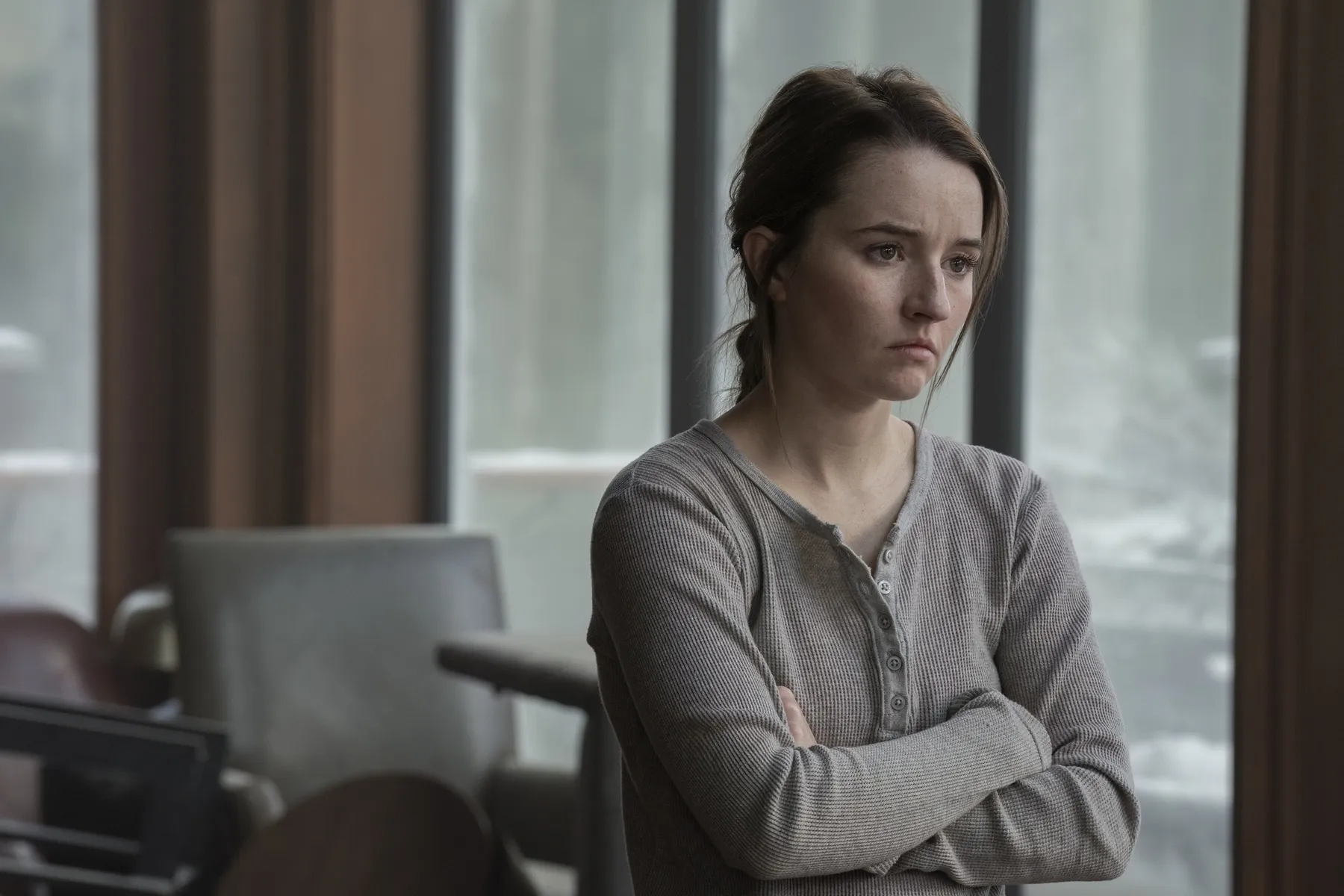At a special Emmys FYC event for The Last of Us, co-creators Craig Mazin and Neil Druckmann shared insights into the evolving production for season three. Joined by key creative team members — including cinematographer Ksenia Sereda and costume designer Ann Foley — the pair reflected on their intensive set designs, often destroyed in dramatic scenes.
However, Mazin hinted that the upcoming season might take a different visual direction. Druckmann revealed it would be “more of a water season than a fire season,” a sentiment Mazin echoed, suggesting a wetter and potentially more atmospheric environment for season three.
Kaitlyn Dever Confirmed as Abby in Bold New Direction for Season Three
Following a screening of season two’s second episode, Mazin and Druckmann reappeared with cast members Bella Ramsey, Isabela Merced, Gabriel Luna, and Young Mazino. Kaitlyn Dever, who joined virtually from Australia, has been cast as Abby, a pivotal and controversial figure from the game.
Druckmann acknowledged HBO’s support for bold storytelling decisions, such as killing off Pedro Pascal’s character Joel early in season two. He expressed gratitude that the network allowed them to pursue risky narrative directions that stayed true to the source material’s emotional weight.

While fans had speculated about Abby’s storyline taking center stage in season three, this event marked the clearest confirmation yet. Druckmann noted that the season would indeed star Kaitlyn Dever, causing surprise and humor during the panel.
He admitted to initial doubts that HBO would permit such a drastic shift, but praised the network for embracing the narrative risks and giving the creative team the freedom to follow the story’s emotional core. Dever expressed enthusiasm for her role, emphasizing how welcomed and supported she felt by the showrunners and cast.
Exploring Grief, Loss and Risk in the Emotional Journey of The Last of Us
Abby’s character has long been divisive among fans due to her role in Joel’s death, but Dever downplayed the controversy, stating that trust in the showrunners helped her approach the role with confidence. In a lighthearted moment, Rob McElhenney teased her for “killing America’s Sweetheart,” referencing Pascal.
Mazin responded more seriously, stressing that such unexpected losses are vital to the show’s realism. By eliminating “plot armor,” he said, the series fosters genuine emotional investment and maintains the constant presence of real danger.
Mazin further clarified the show’s thematic focus, asserting that The Last of Us is not a revenge story but a meditation on grief. The emotional impact of major character deaths is central to the experience, reinforcing the show’s grounding in authentic human struggle.
By taking narrative risks — like removing a central character early on — the creators believe they deepen the audience’s emotional connection. With this foundation, season three promises to continue exploring complex themes through bold, emotionally resonant storytelling.


